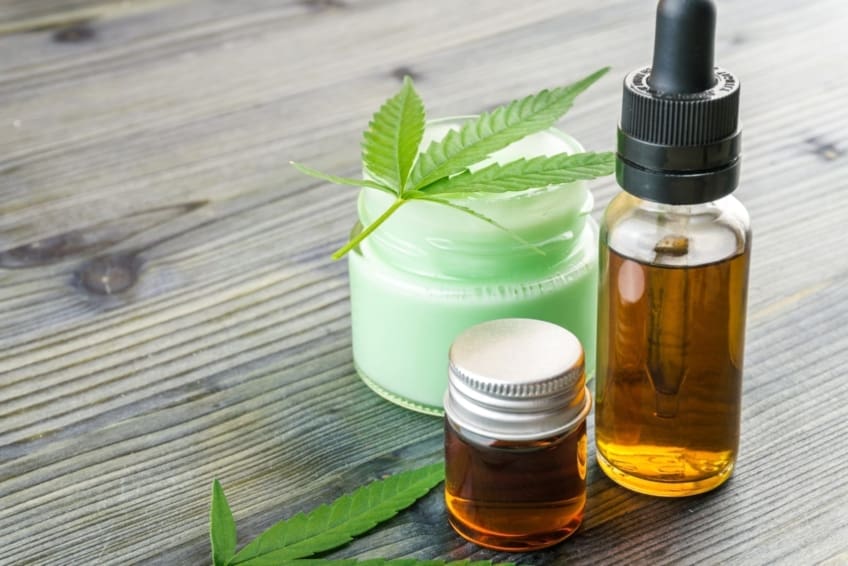
The use of CBD oil can be a confusing topic. You may find yourself wondering many things: Is it legal where I live? Is it safe to use? What can I use it for? Are there side effects? Does it work?
Path to improved health
CBD is short for cannabidiol, a chemical found in the Cannabis sativa plant. There are two types of this plant: a marijuana plant and a hemp plant. CBD oil does not make people feel “high.” That’s because it contains little to no delta-9-tetrahydrocannabinol (THC)—the chemical in marijuana that alters people’s state of mind. CBD oil that comes from the marijuana plant must contain 0.3% or less of THC. CBD oil that comes from the hemp plant naturally doesn’t contain any THC. You also cannot become addicted to cannabidiol oil because the THC level is so low or not existent.
CBD oil can be used by itself. It also can be added to other products, including pills and capsules, chewables, chocolate, or creams and gels. The amount of cannabidiol oil found in these goods varies from product to product and maker to maker.
Legal concerns
On the federal level, the Drug Enforcement Administration and the Food and Drug Administration (FDA) both consider CBD in all forms illegal. There is one notable exception. In 2018, through the Farm Bill, the FDA approved the use of CBD oil in one prescription medicine. It is used to treat epilepsy as well as seizures from tuberous sclerosis complex.
On the state level, many states also allow the sale of CBD oil. But the laws vary from state to state—even from county to county within a state. So always check the laws before making any purchases.
Uses
Early studies have shown that CBD oil may help treat certain medical conditions. However, there are still no credible research studies to prove or demonstrate that it works. Medical conditions that may or may not respond to cannabidiol oil include:
- Pain from arthritis
- High blood pressure
- Inflammation from diabetes and multiple sclerosis
- Acne
- Anxiety
- Symptoms associated with Alzheimer’s Disease and Parkinson’s Disease
- Cancer
- Schizophrenia
Some studies also have shown CBD oil may help smokers successfully stop using tobacco products. And some cancer patients say it reduces their nausea and vomiting associated with chemotherapy. However, much more research is needed before CBD oil can legally be used to treat any of these conditions.
If cannabidiol oil is legal in your area and you want to try it, talk with your doctor first. Tell them all over-the-counter medicines, vitamins, and supplements you’re taking. Also remind them of all prescriptions you take. Some medicines don’t work like they should if taken with CBD oil. Your doctor will be able to advise you.
Things to consider
Don’t use cannabidiol oil or products that contain it if you are pregnant or breastfeeding.
Before buying a cannabidiol product, read the label carefully. If the oil comes from the marijuana plant, make sure the THC level is 0.3% or lower. Note, however, that the CBD industry isn’t regulated, meaning there’s no guarantee of product safety and labels aren’t required to list all ingredients.
Also beware of products that make a medical claim, such as promising to cure a condition. Making claims is illegal, even in states where CBD oil is legal.
You may experience side effects after taking CBD oil. Some people who take it may lose their appetite, have diarrhea, or feel tired and irritable. You also may develop issues with your liver.
Questions to ask your doctor about CBD oil
- Is it legal in our state?
- Is it safe for me to take it?
- Would it react with my medicines?
- What kind of side effects might I have?
![]()
Copyright © American Academy of Family Physicians
This information provides a general overview and may not apply to everyone. Talk to your family doctor to find out if this information applies to you and to get more information on this subject.







